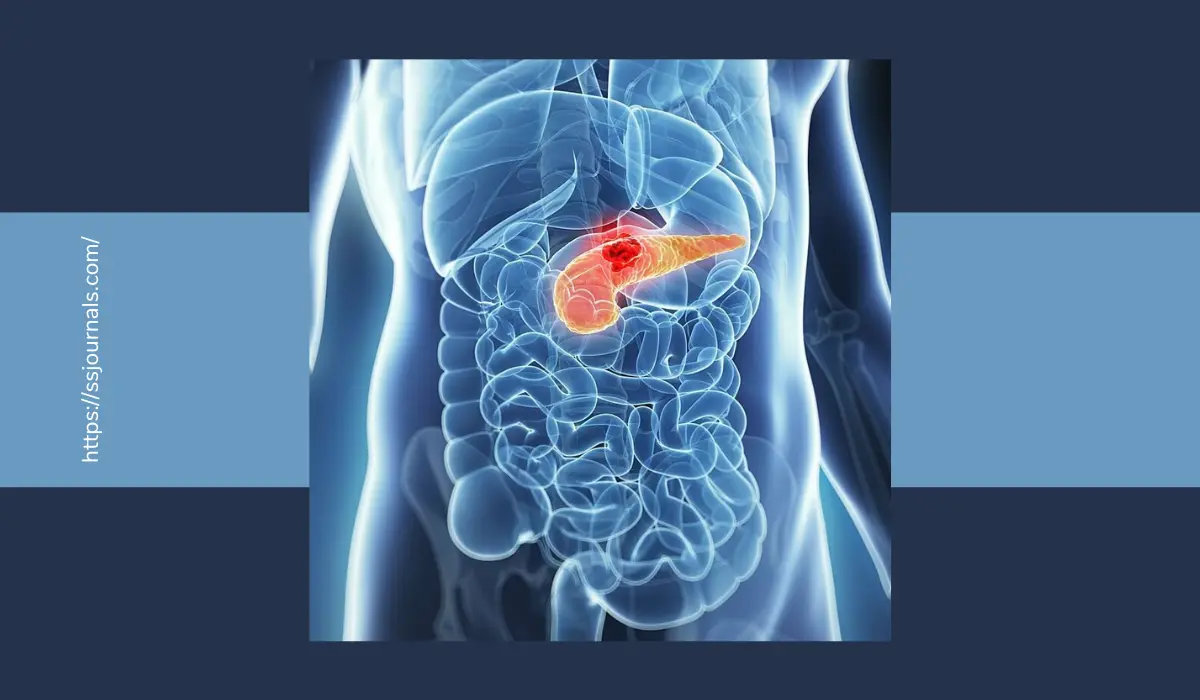In the realm of health, pancreatic cancer stands out as a formidable adversary, often revealing itself too late for effective treatment. While the exact origins of this disease remain elusive, we’ve uncovered a series of risk factors that offer us insights into its complexities.
In this intimate guide, we’ll explore the human side of pancreatic cancer risk factors, shedding light on their implications and offering practical insights for prevention.
Factors That Raise The Risk Of Pancreatic Cancer

Smoking: Breaking Free from Tobacco’s Grasp
Pancreatic cancer is a disease that typically presents with the aroma of cigarette smoke remaining in the air. The cold fact of life is that most smokers suffer at least twofold chances, while the non-smoker remains alive and well.
These polycyclic aromatic hydrocarbons and nitrosamines that reside in cigarette chemicals cause havoc on the pancreas. Stopping to smoke also reduces the incidence of pancreatic cancer and provides a better life. This is an adventure in escaping the grip of tobacco and steering towards a smoke-free tomorrow.
Family History And Genetics: Unraveling The Tapestry Of DNA
In the pages of our family history, there may be clues to our health narrative. If a parent, sibling, or child has faced pancreatic cancer, our own risk takes a subtle rise. It’s like a genetic tale, where certain syndromes, such as Lynch syndrome or hereditary breast and ovarian cancer syndrome, could be chapters influencing our health story.
Understanding this connection opens doors to genetic counseling and personalized healthcare. It’s a reminder that our genes tell a story, and sometimes, understanding that story can help us rewrite it.
Chronic Pancreatitis: Taming The Flames Of Inflammation
Chronic pancreatitis can be described as a constant burning sensation inside one’s body. It is no longer a condition but also a risk factor for pancreatic cancer. The continuous inflammation may be caused by prolonged drinking of alcohol, gallstones, or even hereditary factors.
This type of chronic inflammation is a precursor for abnormal cell growth, which may result in the development of cancer. The journey of chronic pancreatitis can no longer be an escape from symptoms; it is now a commitment to long-term health. It’s about domesticating a roaring inferno within rather than allowing it to transform into something much darker.
Diabetes: Navigating The Metabolic Maze
Diabetes and pancreatic cancer seem to be intertwined in a metabolic dance. If diabetes has been a long-standing companion, the risk of pancreatic cancer rises. The reasons are still shrouded in mystery, but it’s believed that insulin resistance and inflammation play their part in this intricate dance.
Managing diabetes becomes not just about sugar levels but about steering clear of potential cancer risks. It’s a journey toward understanding the interconnected nature of metabolic disorders and cancer, a journey toward holistic well-being.
Obesity: Shedding The Weight of Risk
In the landscape of pancreatic cancer, excess body weight emerges as a significant player. Especially when it settles around the abdomen, it’s like a red flag signaling increased risk. That visceral fat isn’t just a passive layer; it’s an active contributor, producing hormones and substances that may fuel cancer growth.
It’s a journey toward shedding excess weight, not just for appearance but for health. It’s a commitment to a lifestyle that isn’t just about the numbers on the scale but about the well-being of our internal organs.
Diet And Nutrition: Feeding The Body’s Garden
Our dietary choices, like seeds sown in a garden, have a role in our health story. Diets heavy on red and processed meats, coupled with a shortage of fruits and vegetables, are associated with higher pancreatic cancer risk.
It’s like tending to our body’s garden avoiding potential carcinogens, ensuring a variety of antioxidants, and fostering an environment where health can thrive. It’s a journey toward mindful eating, a journey toward nourishing our bodies with the nutrients they crave.
Conclusion
The prevention of pancreatic cancer starts at the heart of the maze in the labyrinth and transforms into an individual quest. These risk factors are not mere statistics but rather different acts in the script of our health narratives. Although a lot of people with pancreatic cancer fail to fall into the traditional risk category, it does not mean that one should ignore the factors.
It has become as personal as telling a story, and therefore, everyone takes part in raising awareness about these risk factors as well. This intimate story involves encouraging the healthiest lifestyle habits, an active approach to health care, and health checks. There are three guides on where to start during our complex journey towards a healthier and cancer-free society.
FAQ
The primary threat factors for pancreatic cancer include age, with an increased threat after 45 and particularly after 65, smoking, a family history of pancreatic cancer or certain inheritable runs, habitual pancreatitis, long-standing diabetes, rotundity, and specific salutary choices.
Smoking is a well-established risk factor for pancreatic cancer. The chemicals in cigarettes, similar to polycyclic sweet hydrocarbons and nitrosamines, can damage the pancreas, increasing the risk of the development and progression of cancerous cells.
Yes, individuals with a first-degree relative( parent, stock, or child) who has had pancreatic cancer are at an advanced threat. Also, certain inheritable runs, like the Lynch pattern and heritable bone and ovarian cancer patterns, may heighten vulnerability.
Habitual pancreatitis, characterized by patient inflammation of the pancreas, is a threat factor for pancreatic cancer. Dragged inflammation can produce a terrain conducive to the development of abnormal cells, adding to the threat of cancer.

